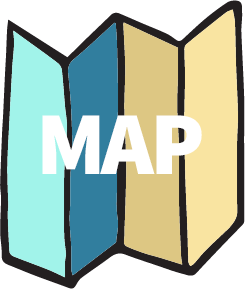If you would like to learn more about the process of designing and developing Happy Ocean, please visit my
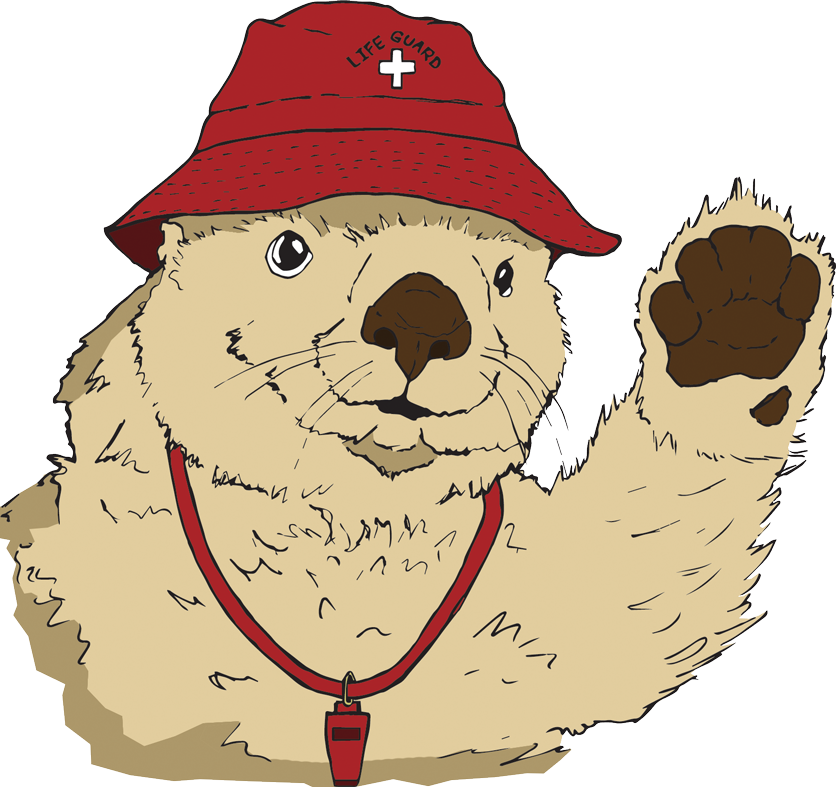
Diving Deep
Lucy Rebelmore loves surfing, but there's a lot of junk underwater messing up her radical waves. Many everyday items that we use for just a few moments or even seconds can wind up in the ocean, where they can last a really long time. Dive into the ocean and discover just how long some of the things we use stay in the ocean by clicking or tapping on each of the pieces of floating garbage.
To play again, click or tap on the logo!
A happy ocean is a clean ocean!
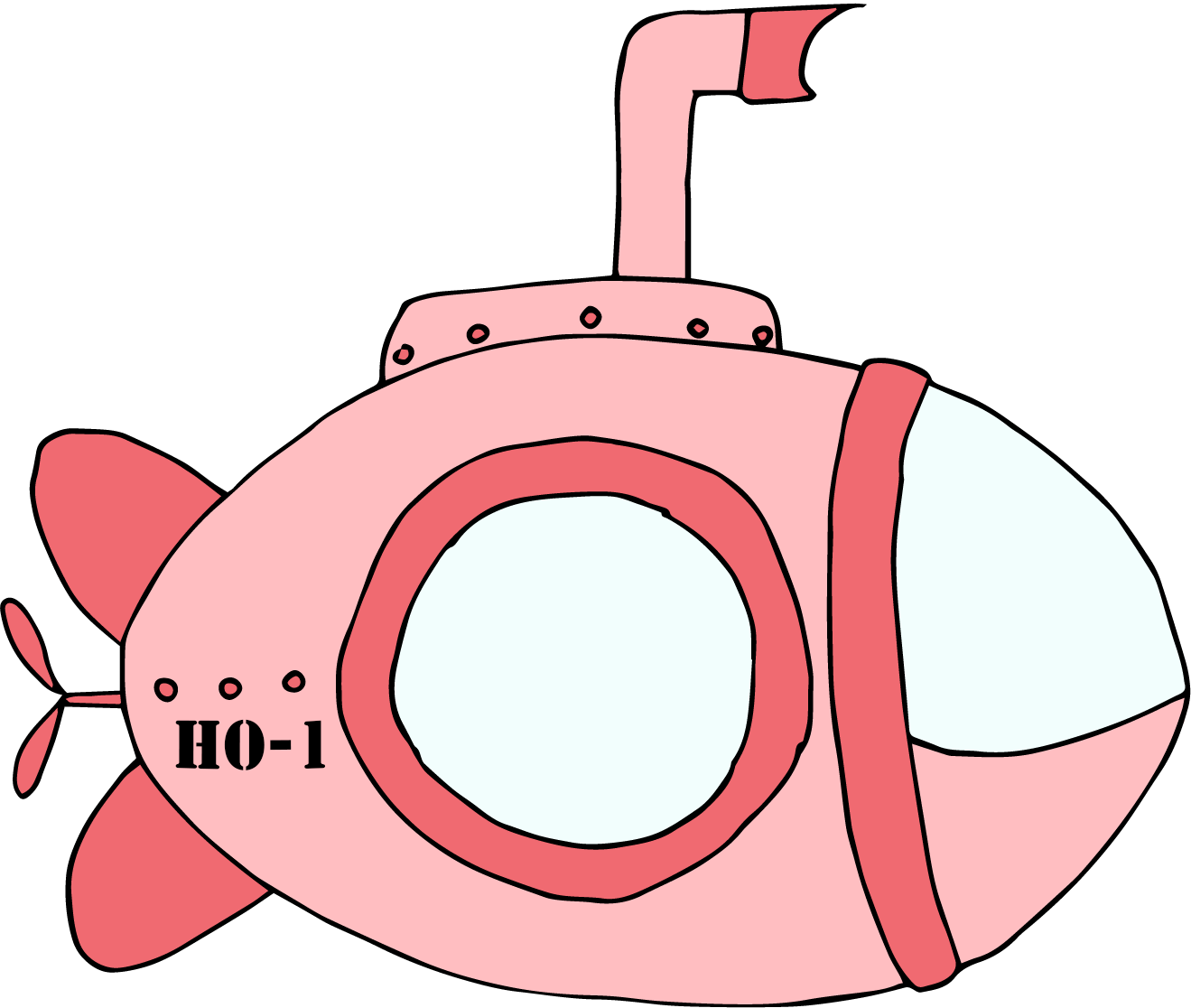
Click to return to the surface!

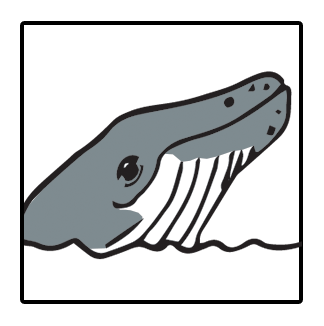
IDENTIFICATION CARD
Name: Lucy Rebelmore
Height: 53 ft.
Weight: 29 tons
Address: 6 Aotearoa Avenue
Pollution Threat: all plastic
Favorite Activity: surfing
Favorite Food: fried plankton

Humpback Whale
Scientific name: Megaptera novaeangliae
Habitat: North Atlantic, North Pacific, and Indian Ocean
Diet: Krill
Lifespan: up to 100 years
Conservation Status: Least Concern
Threats from Ocean Plastics
Whales and dolphins often mistake plastic for food, especially larger plastic objects like bags, bottles and cups, and can end up dying as a result. Humpback whales eat primarily krill and plankton. When they feed, they swallow large mouthfuls, filtering their food from the water. Unfortunately, with so much plastic in our ocean (5-13 million tons enter the ocean each year), whales often have a hard time distinguishing plastic from food. Plastic isn’t whale food, but it’s quickly becoming their main meal. Hopefully, it won't be their last.
Fun Fact
Humpback whales are underwater composers! Listen to a humpback whale song.
Learn more about whales

Hooray!
Now that you know how long some of these objects take to decompose, you can help keep our ocean clean by reducing the amount of disposable items you use. To find out more about how to reduce your reliance on single-use products, please visit our resources page!
Click or tap on the arrow to continue to the next scene, or use the map to choose a new location!

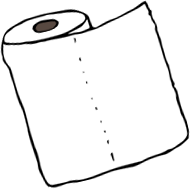
Paper towels
2-4 weeks
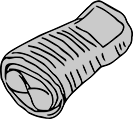
Newspaper
6 weeks
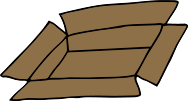
Cardboard boxes
2 months

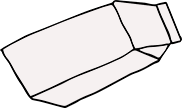
Waxed cartons
3 months

Plywood boards
1-3 years

Cigarette butts
2-5 years
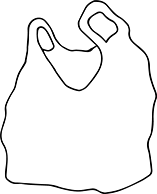
Plastic bags
20 years

Disposable coffee cups
30 years

Styrofoam cups
50 years

Steel cans
50 years
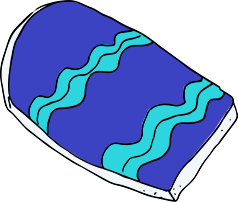
Foam board
80 years

Aluminum cans
200 years

Plastic straws
200 years

Six-pack holders
400 years
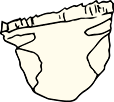
Disposable diapers
450 years

Plastic cups
450 years
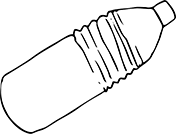
Plastic bottles
450 years

Coffee pods
500 years

Toothbrushes
500 years
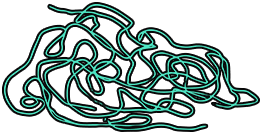
Monofilament fishing line
600 years

Glass bottles
